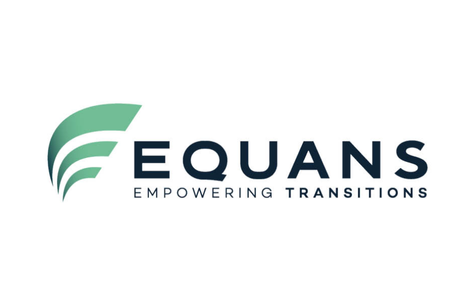How is it possible?
The next day, when he was on the road for some business meetings, a first very slight noise appeared, but it gradually increased. Concerned about this abnormal phenomenon, he called his mechanic. The latter asked him to come back with the car to investigate the phenomenon. The owner of the car could not do this immediately, of course, as he still had some appointments in his diary. "Production must go on", you know the saying...
You won't be surprised to learn that a few kilometres later, the gears were increasingly difficult to change. In short, the journey to business meetings became a straight line to the garage. The next day, the car was examined by the mechanic, and the diagnosis was immediately made... You guessed it: a gearbox problem. What problem? There was no oil left in the gearbox. Cause: during maintenance, the oil in question was changed instead of the engine oil...
Food for thought
This anecdote may seem trivial, but it gives us, as maintenance professionals in particular, food for thought. First of all, the technical side of things: A gearbox contains moving mechanical parts (gears, bearings, etc.) for which appropriate lubrication is crucial. Poor lubrication (not doing so in the above-mentioned situation) quickly leads to a major failure. The PF (Potential Failure) curve here is very steep. Furthermore, abnormal noise is located at the bottom of the PF curve, and thus gives a (too) late signal that something is wrong.
But the first questions to be asked in many organisations are of course: "How could this happen?" and "Who was at fault?" How is it possible that a routine job such as an oil change could be done incorrectly in a garage with a professional image? Surely it is inconceivable that a car mechanic would have made such a crucial mistake?
After investigations, it seems that a combination of circumstances took place: the maintenance was carried out by a young graduate, hired in the very busy holiday season, whose knowledge was not yet tested, and who could not follow the usual internal training programme. These extenuating circumstances do not change the fact that I question the inability of a young graduate to tell the difference between a gearbox and an engine. Today, in an increasingly technically complex society, perhaps technical education should (once again) raise the bar and thus ensure the quality of the technicians 'delivered' to the world of work?
More important than the question of fault is the question of "what can be done to avoid such mistakes in the future?
Was the correct technical information available at the time the car mechanics involved needed it? But even if it was, many engineers often make the mistake of omitting instructions from textual procedures, and therefore continue to rely on the "technical knowledge" of the performers. It is also a fact that people do not easily read instructions. Clear visual indications are more effective and efficient. Perhaps car manufacturers should agree on the same colour for engine oil caps and a different colour for gearbox caps? Or that there was at least a "gearbox oil" sticker next to the cap in question...
In addition to the technical aspect of the solution, there is also an important human aspect. The key question we need to ask ourselves in such situations is "what prevented the young man, when in doubt, from asking his colleagues which was the correct oil to pour, or which is the correct cap to open?"
The heart of the matter
The answer lies, in my view, to a large extent in an organisation's culture of reliability. If it is strongly and positively supported by everyone, people are not afraid to ask questions and put their pride aside in uncertain and sometimes critical situations. The correct corporate culture is precisely to dare to ask these "stupid questions", without being ridiculed. Let's dare to implement this culture. "All knowledge is an answer to a question". As the person responsible for the reliability of your company, it is therefore important for everyone to become a leader of the troops, a true reliability leader!
Wim Vancauwenberghe
Director BEMAS
reacties: wvc@bemas.org






